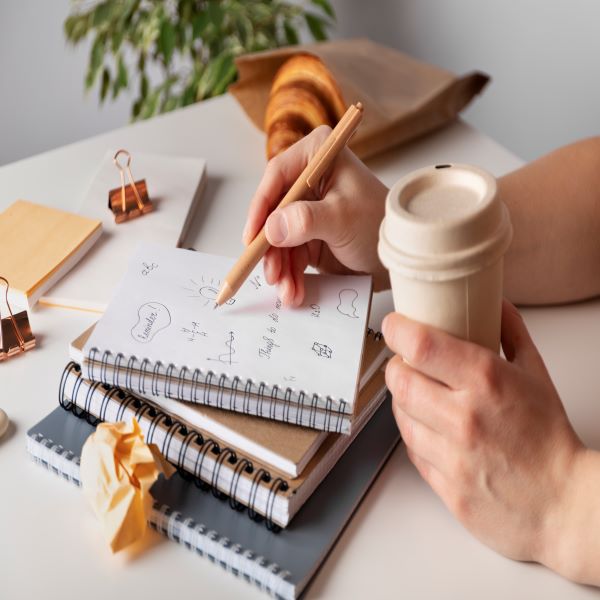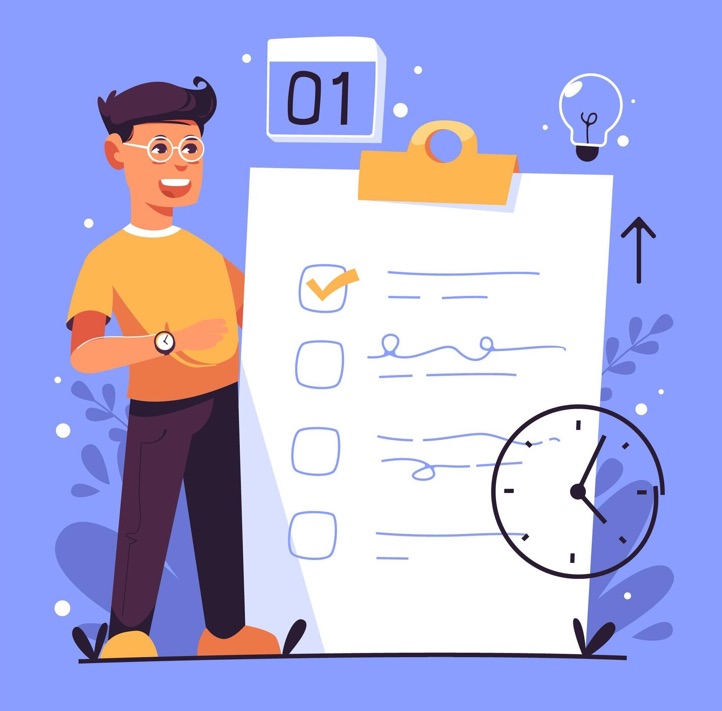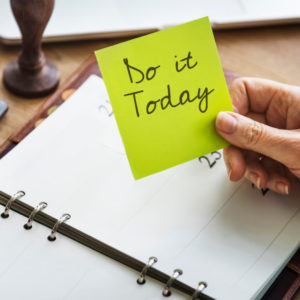
30 Sep 10 Ways to Memorizing Anything in Under 10 Minutes!
10 Ways to Memorizing Anything in Under 10 Minutes!
Focused Environment:
The environment in which you study plays a significant role in your ability to concentrate.
Find a quiet place where you won’t be disturbed or distracted.
Turn off any potential distractions, such as your phone, television, or noisy appliances.
Having a dedicated study space can signal your brain that it’s time to focus.
Over time, this space will become associated with concentration and learning, making it easier to get into the right mindset.
Break It Down:
Large chunks of information can be overwhelming and difficult to memorize all at once.
Divide what you’re trying to learn into smaller, more manageable sections.
Focus on mastering one section at a time before moving on to the next.
This approach not only makes the task feel more achievable but also allows for better retention.
As you progress, periodically review previous sections to reinforce your memory.
Memorizing by Visual Imagery:
Our brains are wired to remember images more effectively than abstract concepts.
Try to associate the information you’re learning with a vivid, memorable image.
The more unusual or exaggerated the image, the more likely you are to remember it.
For instance, if you’re trying to remember a term like “mitochondria,” you might visualize a tiny factory inside a cell.
Over time, this image will trigger the associated information in your mind.
Also Read: IEEE paper on Visual Memory.
Memorizing by Association:
Linking new information to something you already know can make it easier to recall.
For example, if you’re learning a new word in a foreign language, think of a word in your native language that sounds similar.
Create a story or scenario that connects the two words.
This method uses your existing knowledge as a foundation to build upon.
The stronger the association, the easier it will be to recall the new information.
Use Mnemonics:
Mnemonic devices are powerful tools for memory enhancement.
They can be in the form of acronyms, rhymes, or stories.
For instance, to remember the order of the planets, you might use the phrase “My Very Educated Mother Just Served Us Noodles” (Mercury, Venus, Earth, Mars, Jupiter, Saturn, Uranus, Neptune).
The key is to make the mnemonic memorable and relevant to the information.

Repeat Aloud:
There’s something about vocalizing information that reinforces it in our memory.
By saying it out loud, you’re engaging more of your senses, which can lead to better retention.
Repeat the information several times, emphasizing different parts each time.
This method can also help you identify areas where you’re uncertain or confused.
If possible, try to explain the information to yourself as if you were teaching it to someone else.
Write It Down:
The act of writing engages different parts of the brain than just reading or listening.
By jotting down the information, you’re processing it in a new way, which can lead to better understanding and retention.
After writing, cover your notes and try to recall the main points from memory.
This active recall method is a powerful tool for reinforcing what you’ve learned.
Review your notes periodically to keep the information fresh in your mind.
Teach Someone:
Teaching is one of the most effective ways to learn.
When you explain something to someone else, you’re forced to organize and clarify your thoughts.
This process deepens your understanding and highlights areas where you might need further study.
Even if you don’t have someone to teach, pretend you’re explaining the topic to an imaginary student.
The act of verbalizing and organizing the information can significantly boost your retention.
Test Yourself:
Testing is not just a way to measure what you know; it’s a powerful learning tool in itself.
By trying to recall information without looking at your notes, you strengthen your memory pathways.
Create flashcards, take practice quizzes, or simply try to summarize the information from memory.
Each time you test yourself, you reinforce what you know and identify areas that need more attention.
Over time, this active recall method will lead to stronger and more lasting memories.
Stay Relaxed:
Stress and anxiety can hinder memory and concentration.
Before you start studying, take a few deep breaths and try to relax.
If you feel overwhelmed, take a short break, stretch, or do a quick physical activity to reset.
Remember that it’s okay not to remember everything perfectly the first time.
With patience and practice, your memory and concentration will improve.
Conclusion
The ability to remember information is essential for all facets of life. These tips for better memorization will help you improve your skills and learn new information. There are many ways to improve your memory, but the most important thing is finding what works best for you. Try out different methods, find the ones that work best for you and use these tips to help you improve your skills and learn new information. Now that you’ve finished reading this article, you should better understand how to improve your memory. From changing your environment to using mnemonic devices, there are plenty of ways to make your brain work better to help you remember more.




